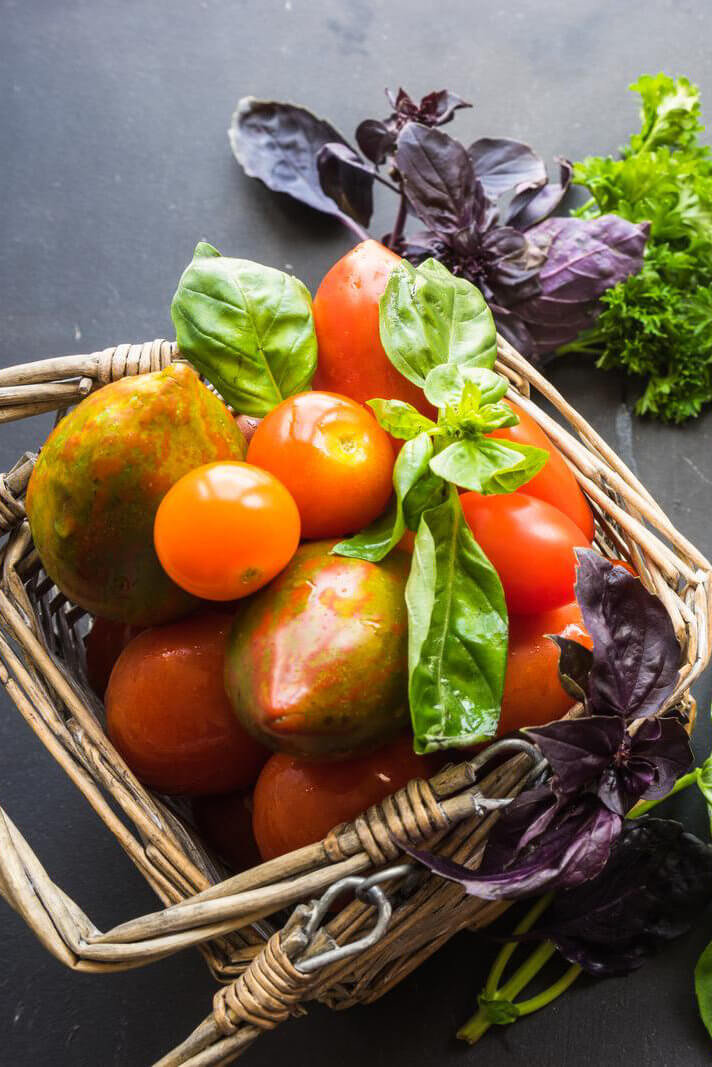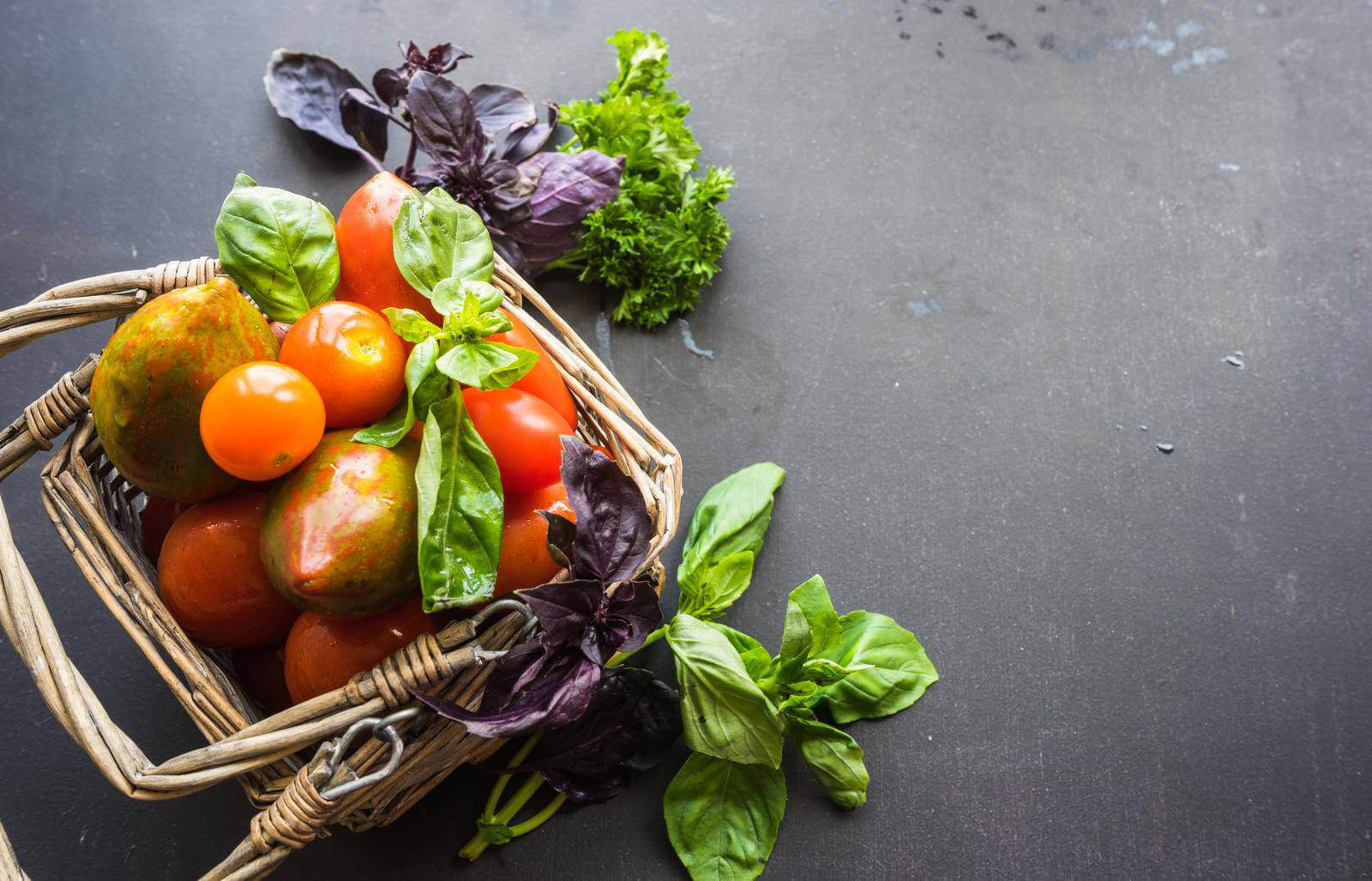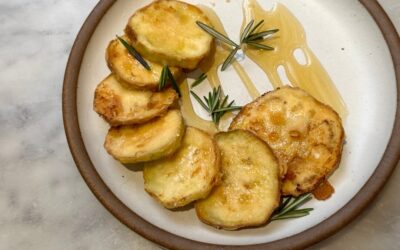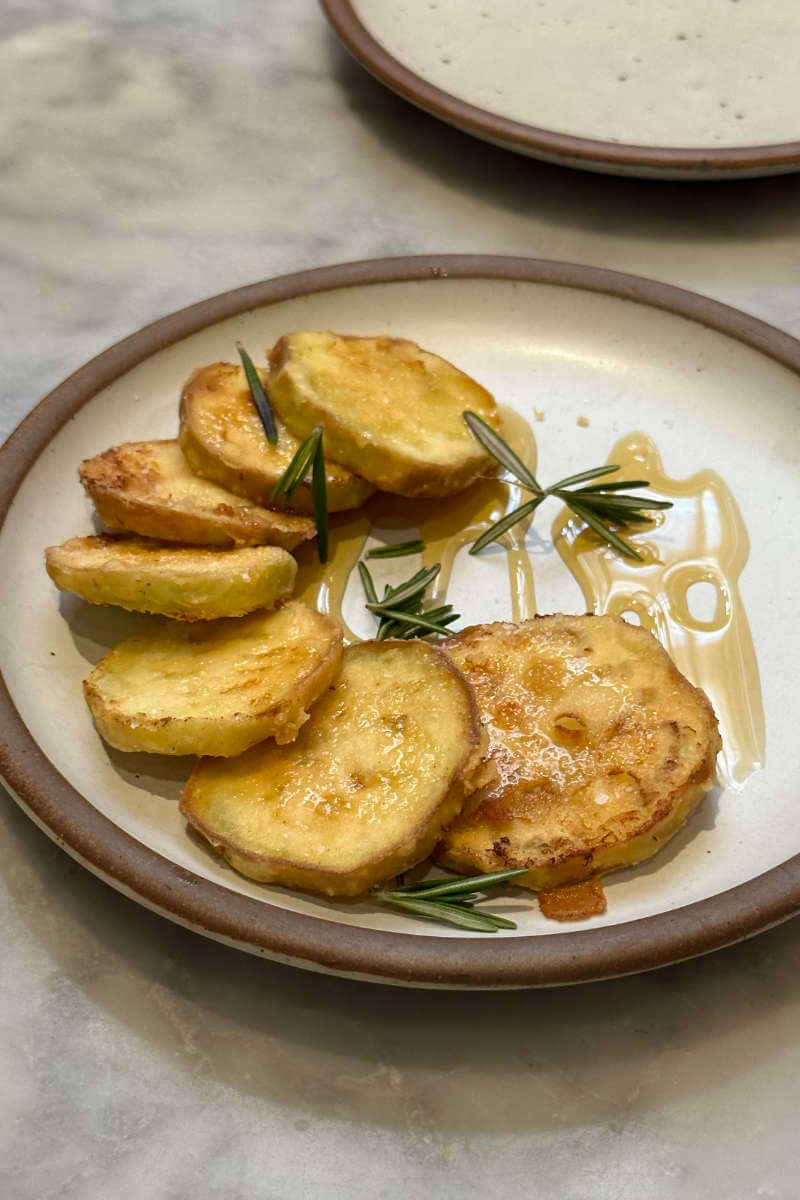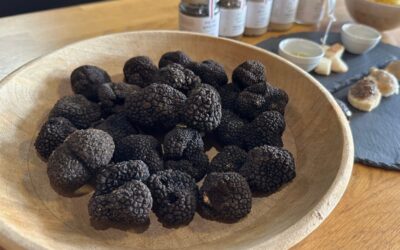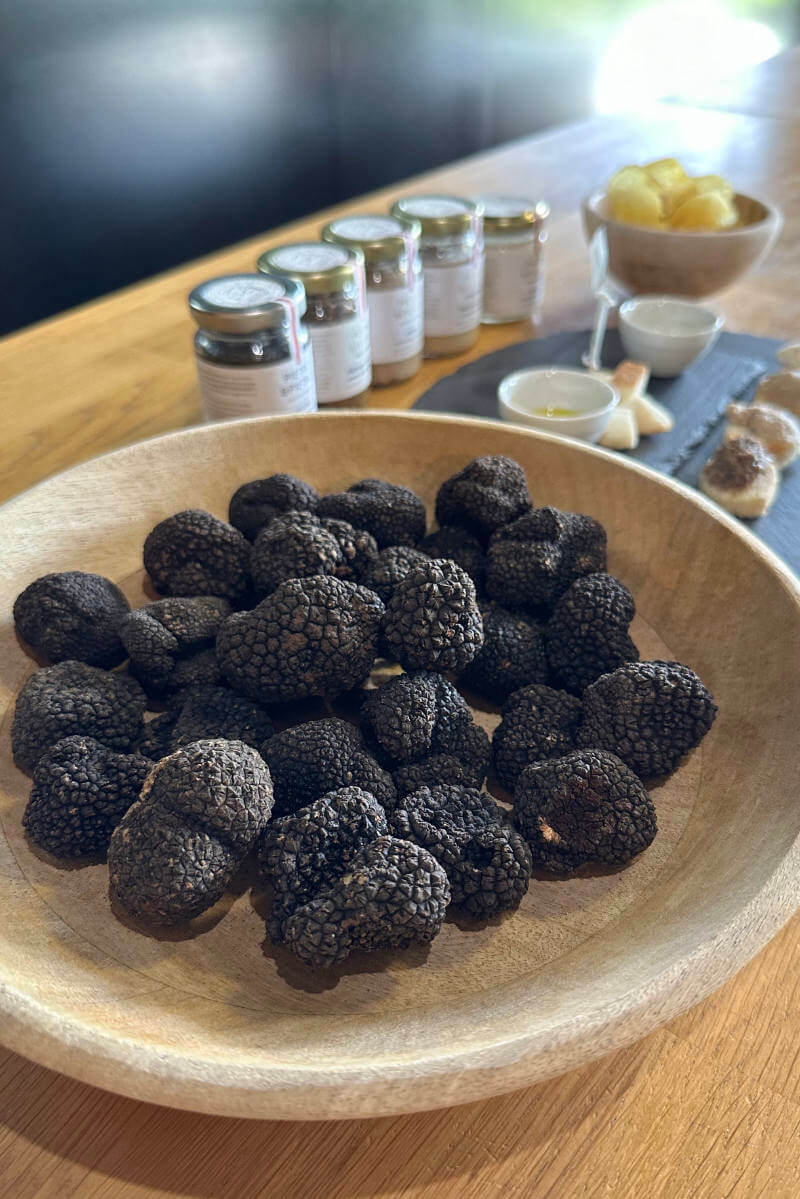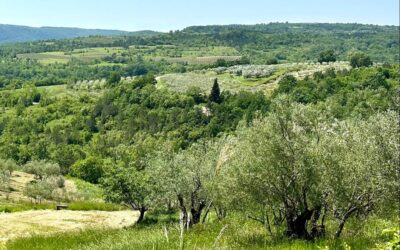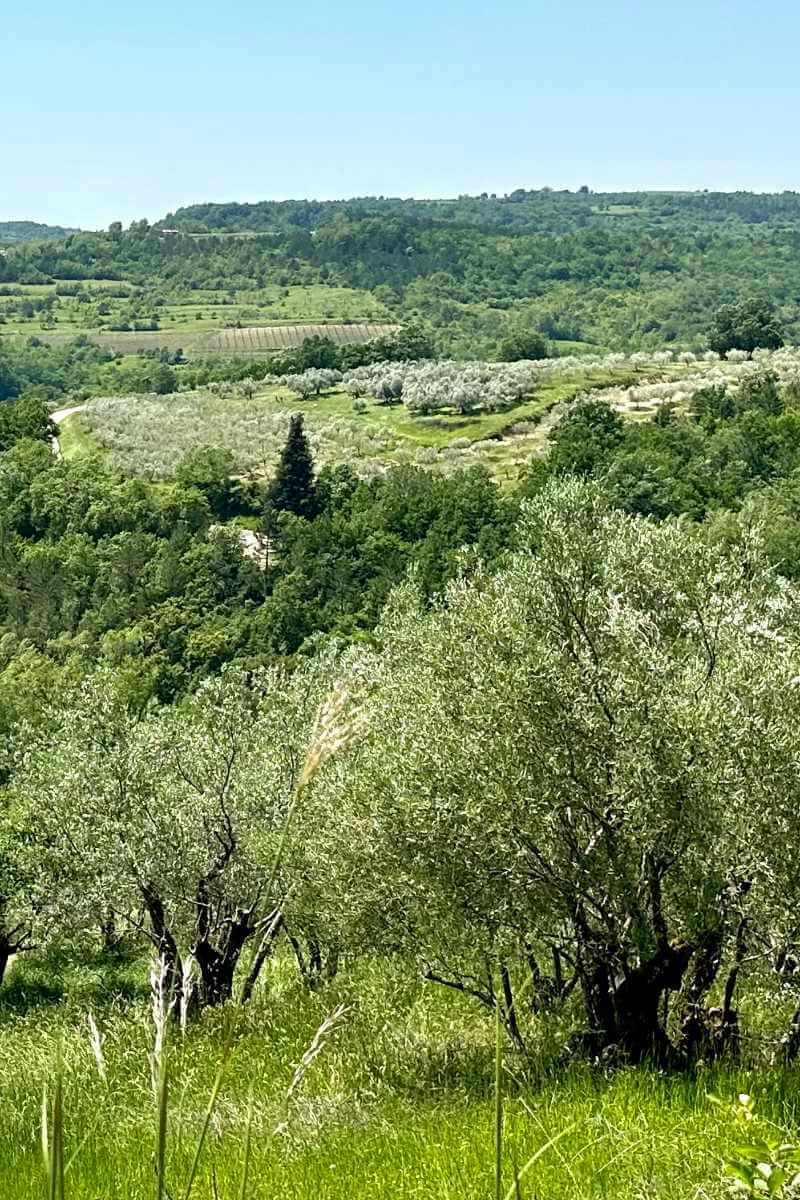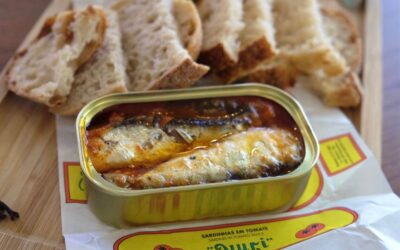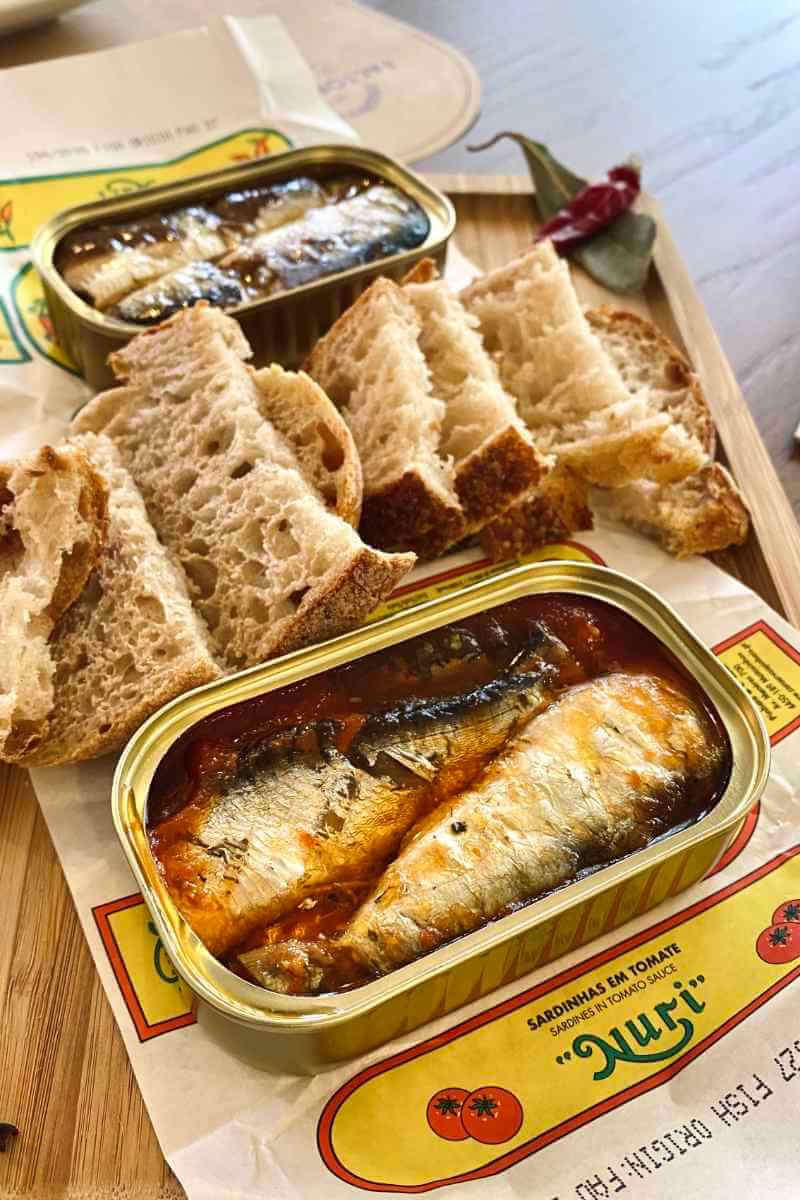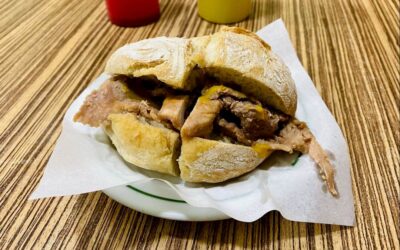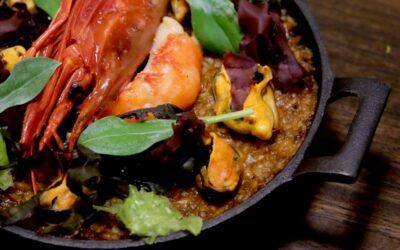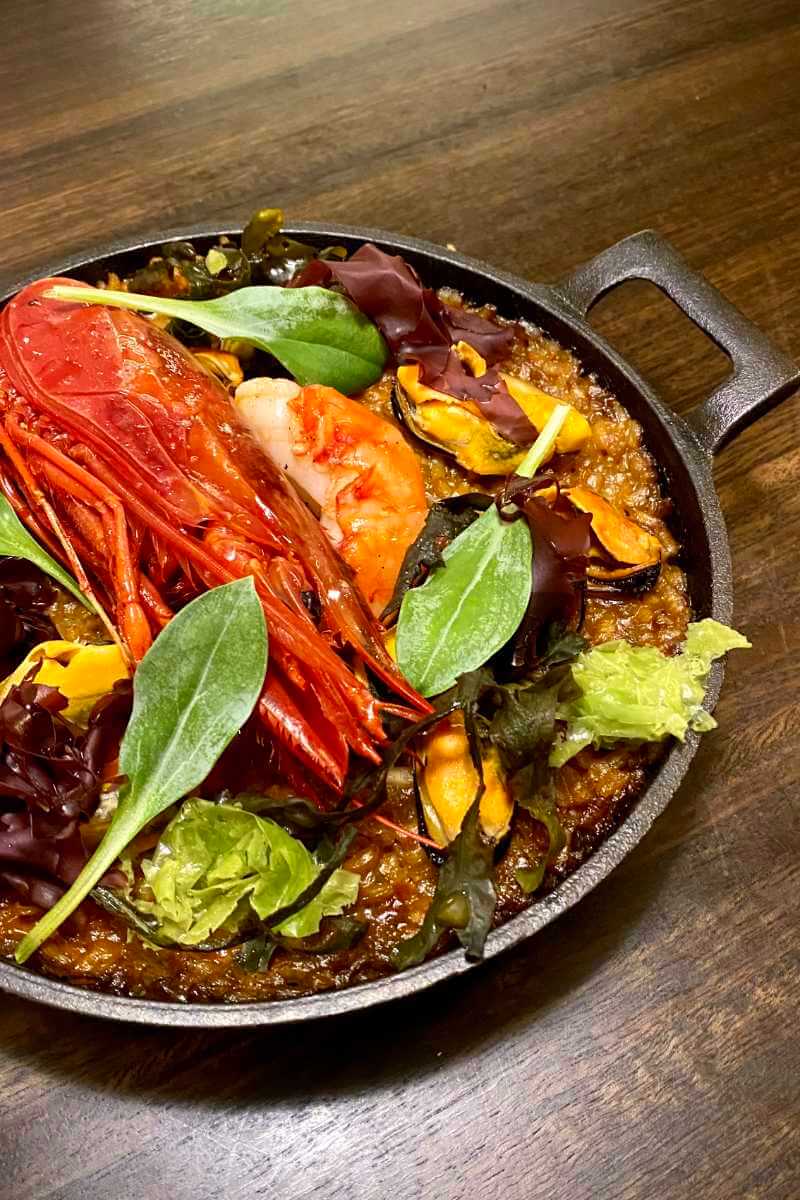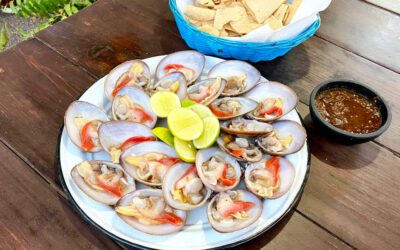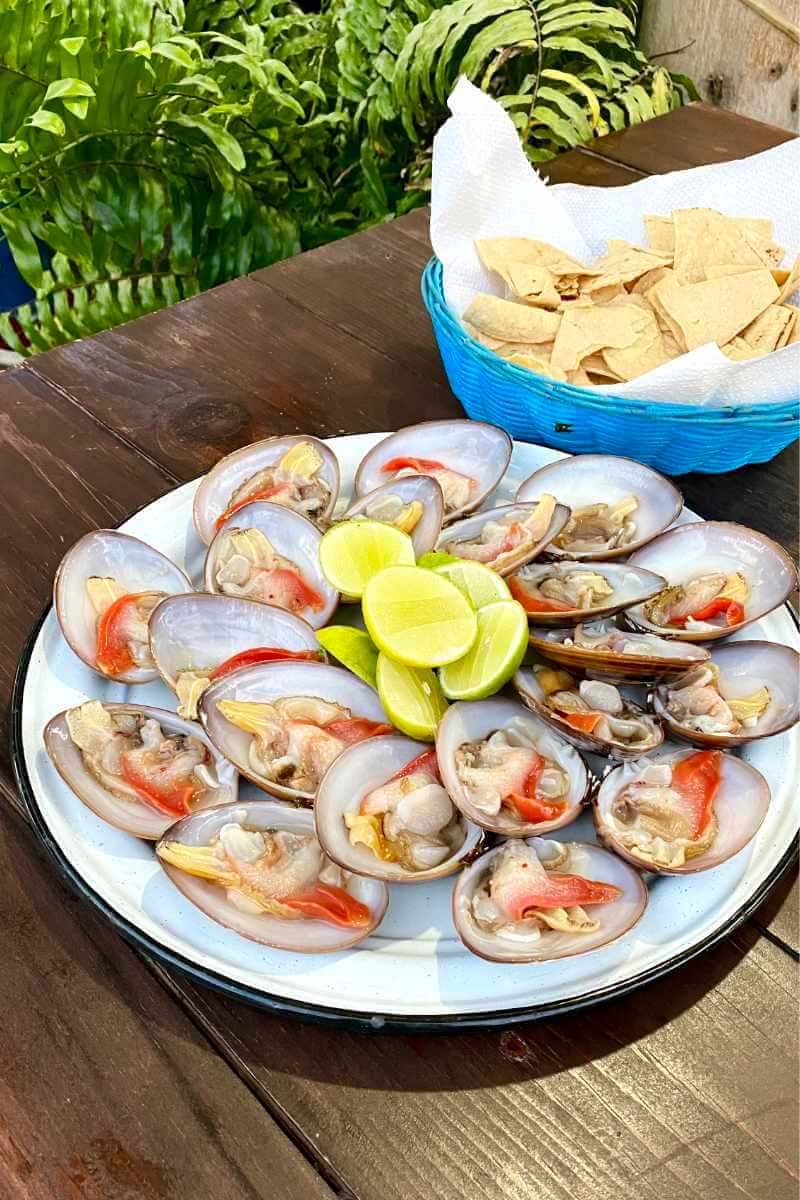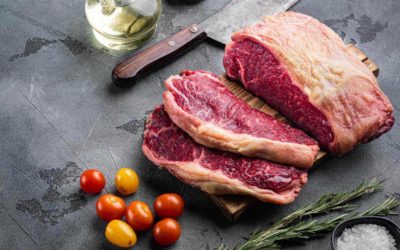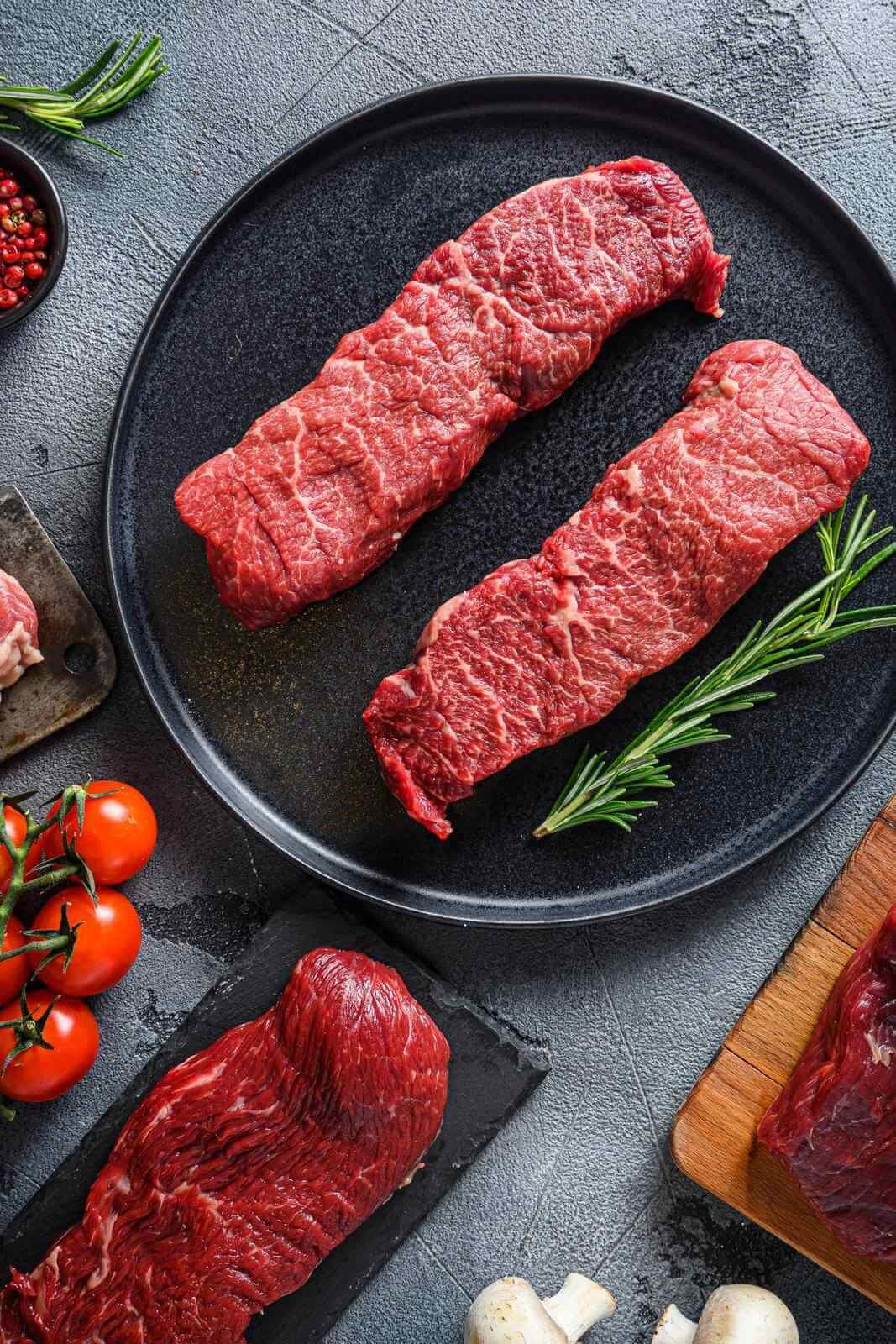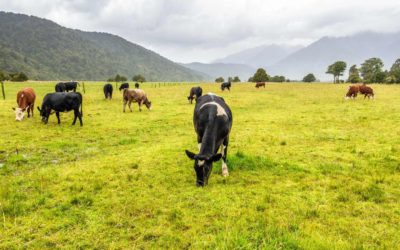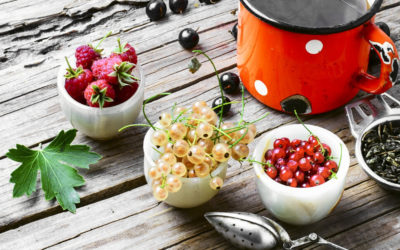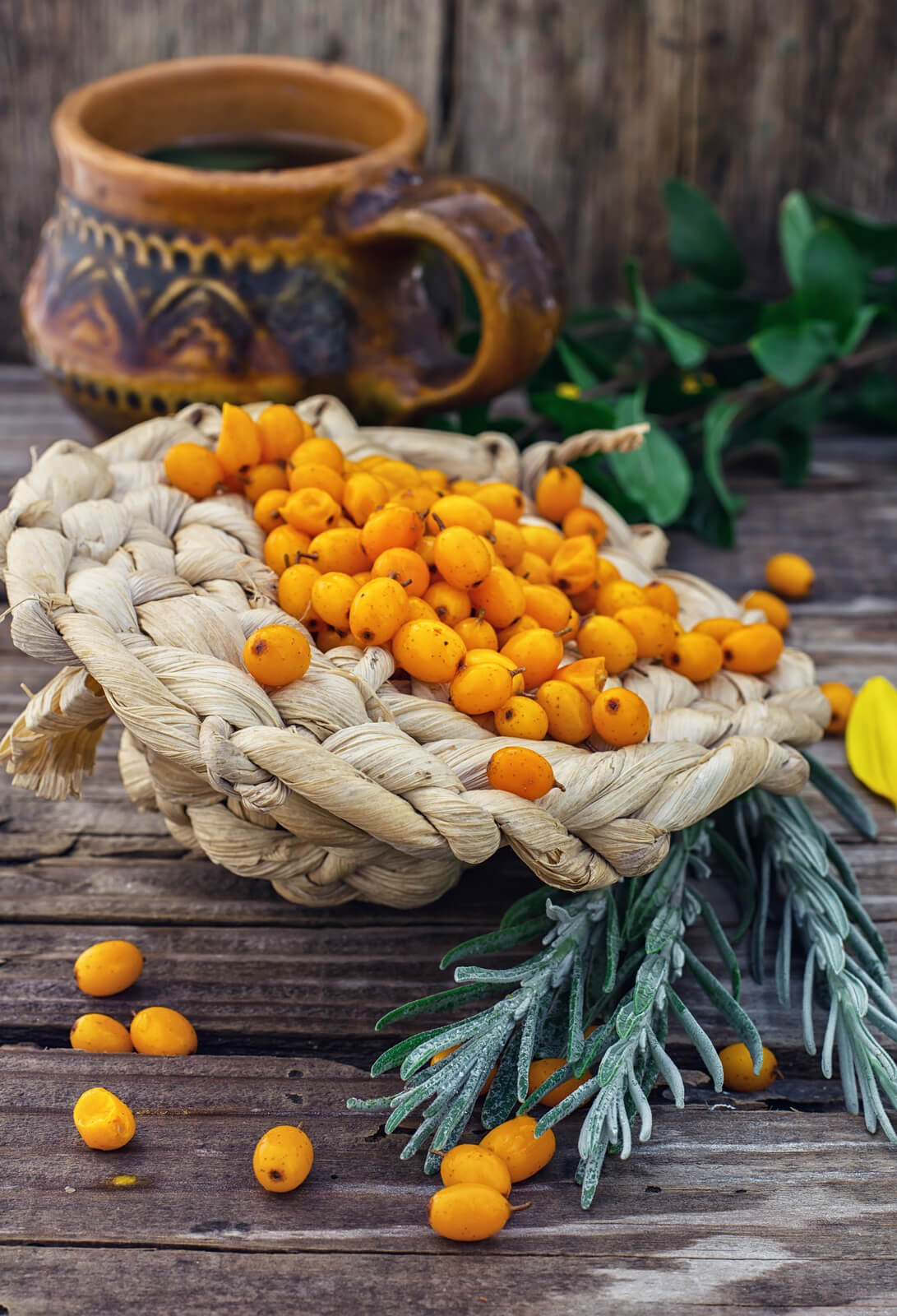Maybe it’s time to rethink why we buy local or organic. What quality do we want to get out of it? Nutritional density? Flavor? Ripeness? Freshness? Value? Are we blindly trusting the labels? Do the local or organic labels actually deliver what we are looking for and pay for? Why should you care? It’d be a waste for your taste buds to taste something relatively taste-less, your digestive system to work hard for minimal nutritional gain, or your money down the drain for something that goes bad quickly.
The majority of the flavor should come from food not seasoning
The best foodgasm is not from Sriracha. It’s from the most nurtured and fresh ingredients enhanced by harmonious seasoning.
The best steak is seasoned with only salt and pepper. The freshest seafood is so sweet that you don’t want seasoning. Most of us seek high quality meat and seafood but neglect that the same sensational pleasure can come from produce too.
Sicily ruined me. The tomatoes I bought from a small independent farmer there took my taste buds on a sensational adventure I had never had before. They tasted way better than any organic tomatoes I’ve ever had in United States, even the ones I used to grow in my own garden. The taste is full-bodied, deep, and well-rounded. That was just the first of many wake up calls on my food journey in Sicily. Naturally, I was disappointed in our produce after I came back to Southern California, although the stores are modern and markets organized. I began on a mission to find the best produce around me. It won’t be close, but we do our best out of the circumstances.
Produce labeled “Organic” or “Local” are not necessary the best
Don’t get me wrong. I still buy organic when it’s good quality and worth the cost. It depends on where you live, but most organic produce you find at chain stores are mass produced with little care or love from depleted soil. They are nowhere close to ripe when harvested for the ease of distribution, shipped from another state or another country, and therefore lack taste and nutritional value. By the time you are ready to eat it, it’s about to go bad in the fridge or still too unripe. That’s what turns me off. I understand this an outcome of capitalism, urbanization and convenience. But maybe we can do better than the status quo. The market shifts when the supply and demand dynamic changes. I am doing my part to change the demand, one box of fresh berries at a time.
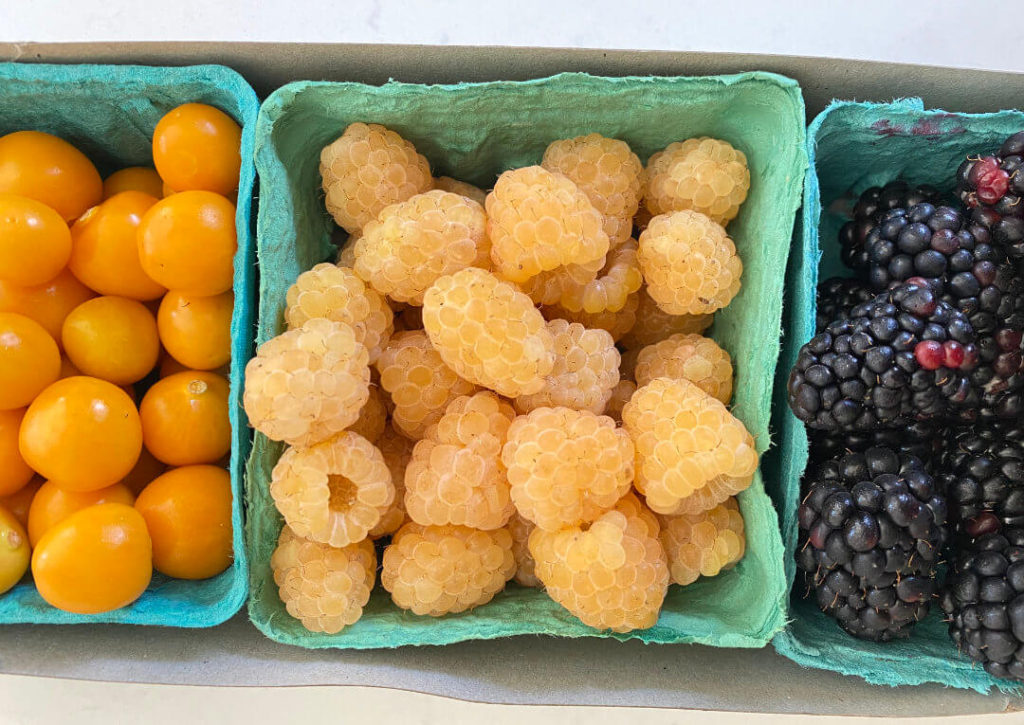
What are important?
I am an expert in discovering nuanced insights from data to analyze the benefit-cost or benefit-safety ratios at work. It’s hard for me not to look at the food I eat everyday through a similar lens. If I analyze how good certain food is for you with a statistical model, organic and local are only one dimensional factors. A lot more overlooked factors are involved. Some combinations of factors may have a larger effect than others.
Important factors to consider besides the genetics of the seeds are source, nutritional denseness, flavor, freshness, pesticide/herbicide use, soil richness, farm biodiversity, processing and distribution, passion and care. These factors will be discussed below in a way that matters to you.
Some local farm fresh are better than store bought organic
There are mainly five types of vendors at a farmers market.
- Certified organic
Some are very good quality. You can tell the growers are proud of their work.
Some still strive for the quantity not quality. Those growers do it for the money. - Practically Organic
Some smaller farms practice organic farming methods but don’t pay to be certified organic. The certification is expensive to them, and paying for the certification means price increase for their customers and lower sales volume. You can also see the quantity vs quality spectrum in this type. - Mindful Non-organic
Some farms spray very sparingly when the plants are very young or most vulnerable. - Minimum Effort
Some use pesticide and herbicide generously for the highest yield. The produce are cookie-cutter and Costco-sized. They are just like Walmart produce but fresher. - Re-distributor
Some vendors source produce from bigger distributors partially or completely.
Don’t know which type they are? Ask them! I always ask at least about pesticide and herbicide use.
Certified Organic, Practically Organic, or Mindful Non-organic are your best options as long as they are good quality and priced right. They are usually better than store bought organic ones. Practically Organic with biodiversity and sustainability practices are likely the biggest bang for your buck. They usually come with limited supply.
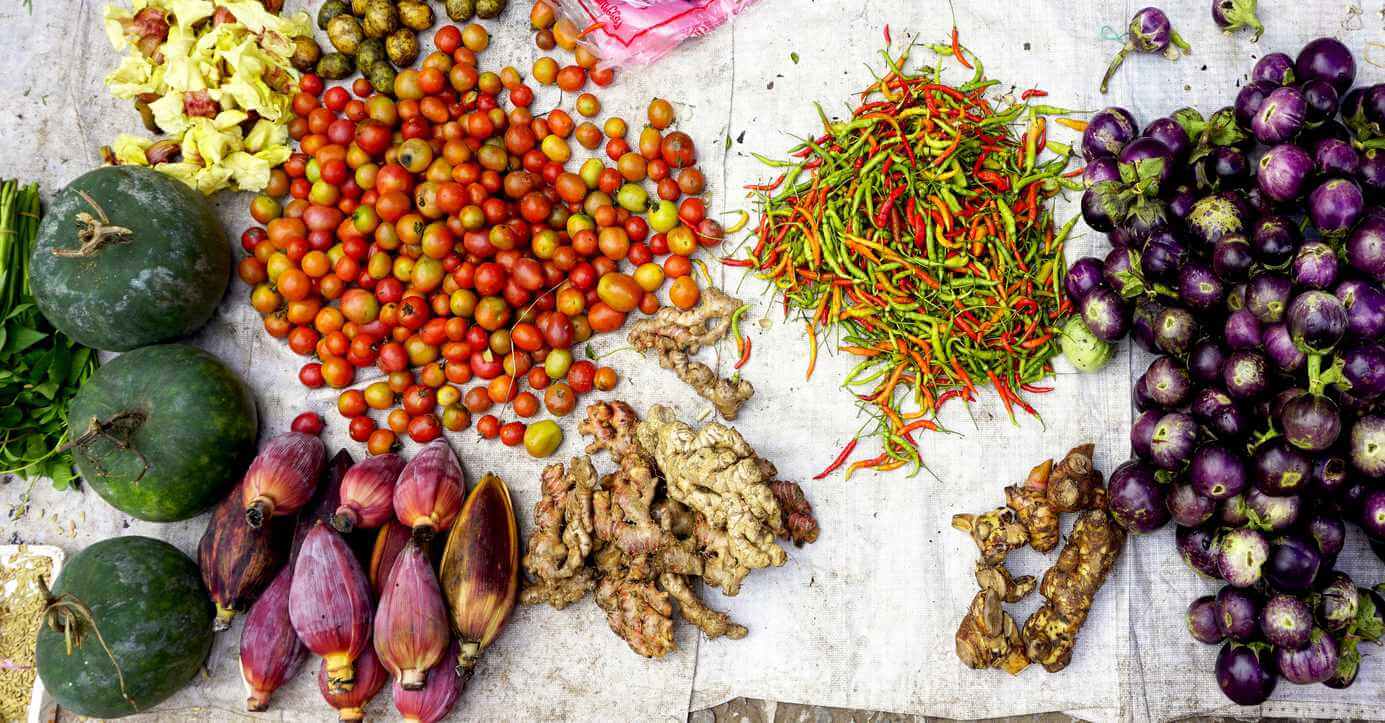
How to choose quality produce by their look and touch?
Small, heterogeneous, aromatic, structurally dense and vibrant color usually translates to quality flavor.
Back in grad school, one summer I take break from developing new statistical machine learning methods and volunteer at a small organic farm in Big Island Hawaii. We grow a variety of produce from kale to poha berries (aka golden berries). The soil is rich, and water is pure. Chickens eat scraps from the harvest. It is fun to be on the selling side at the farmers market. What we grow are very vibrant and tasty. They look diverse and leaner than chain store produce. They look like they are well treated in their lifetime. And they don’t like muscle men on steroid.
Now I grow herbs and peppers in my garden. My friends and I notice my jalapeño peppers are a lot more hearty and stay fresh in the fridge even after a month. If I give my herbs and peppers too much fertilizer, they are forced to grow too quickly and become less dense in structure and color. I’ve only made that mistake once. But that ‘mistake’ is a normal practice for a lot of growers because they need to grow and sell fast for quicker cash.
Look for the ones that have a good natural life, not the ones that are artificially buffed.
Here is a photo of jalapeño peppers for the illustration. The three on the left are from my garden. The one on the right is from a grocery store. You can see the contrast in color, size, shape and firmness. Did you know jalapeño peppers turn red when they are ripe? They are hotter and sweeter.
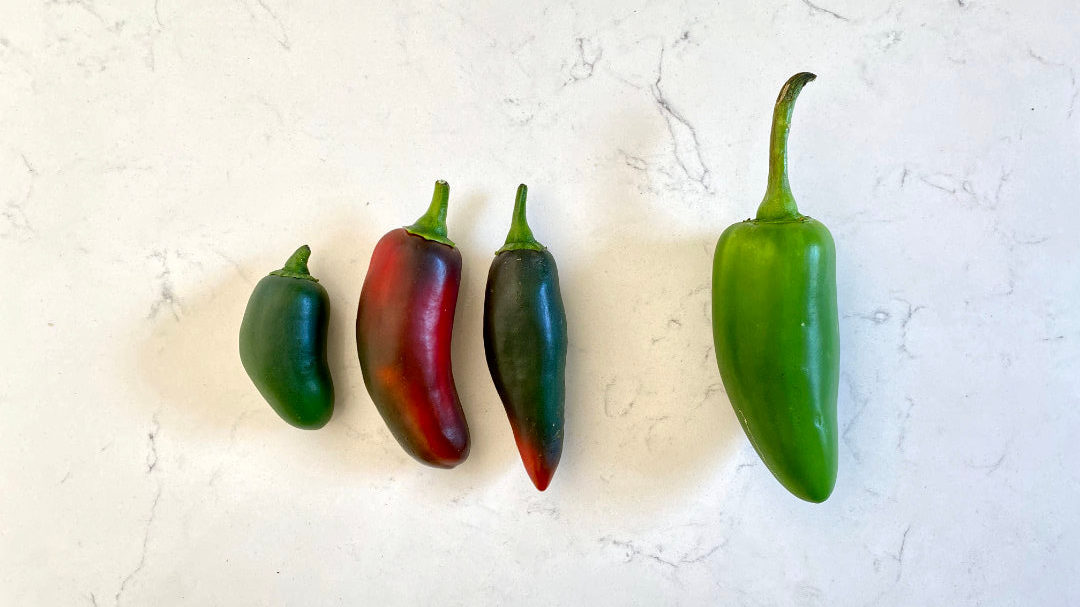
What if there’s no fresh produce in season or good farmers market around you?
Don’t be afraid to buy quality frozen fruits. What is good quality besides what we’ve discussed? They are picked at perfect ripeness and frozen immediately, packed, stored, shipped properly. The nutritional value is at their peak. Very little is lost through the storage process as long as they are not too old. They can be better than store bought ‘fresh’ ones. Throw them in the smoothie. It’s a win win.
Buy at higher quality grocery stores.
Use farm fresh produce delivery or move if produce quality is critical to you.
What about quality and freshness across different grocery stores in America?
Generally, the ranking is:
- Whole Foods Market or some small local health food stores
- Trader Joes, Wegmans, or alike
- All other store chains, such as Spouts, Ralphs, Albertsons, Kroger, Walmart, Aldi
You get what you pay for, normally. Want good and cheap? Look for sales at good stores. One good thing out of the acquisition by Amazon — the price tag at Whole Foods is a lot more friendly now, especially if you have an Amazon Prime membership.
Be careful that some labeled farm fresh produce are not really farm fresh. It’s best to judge quality by look, touch, aroma, farm source and location.
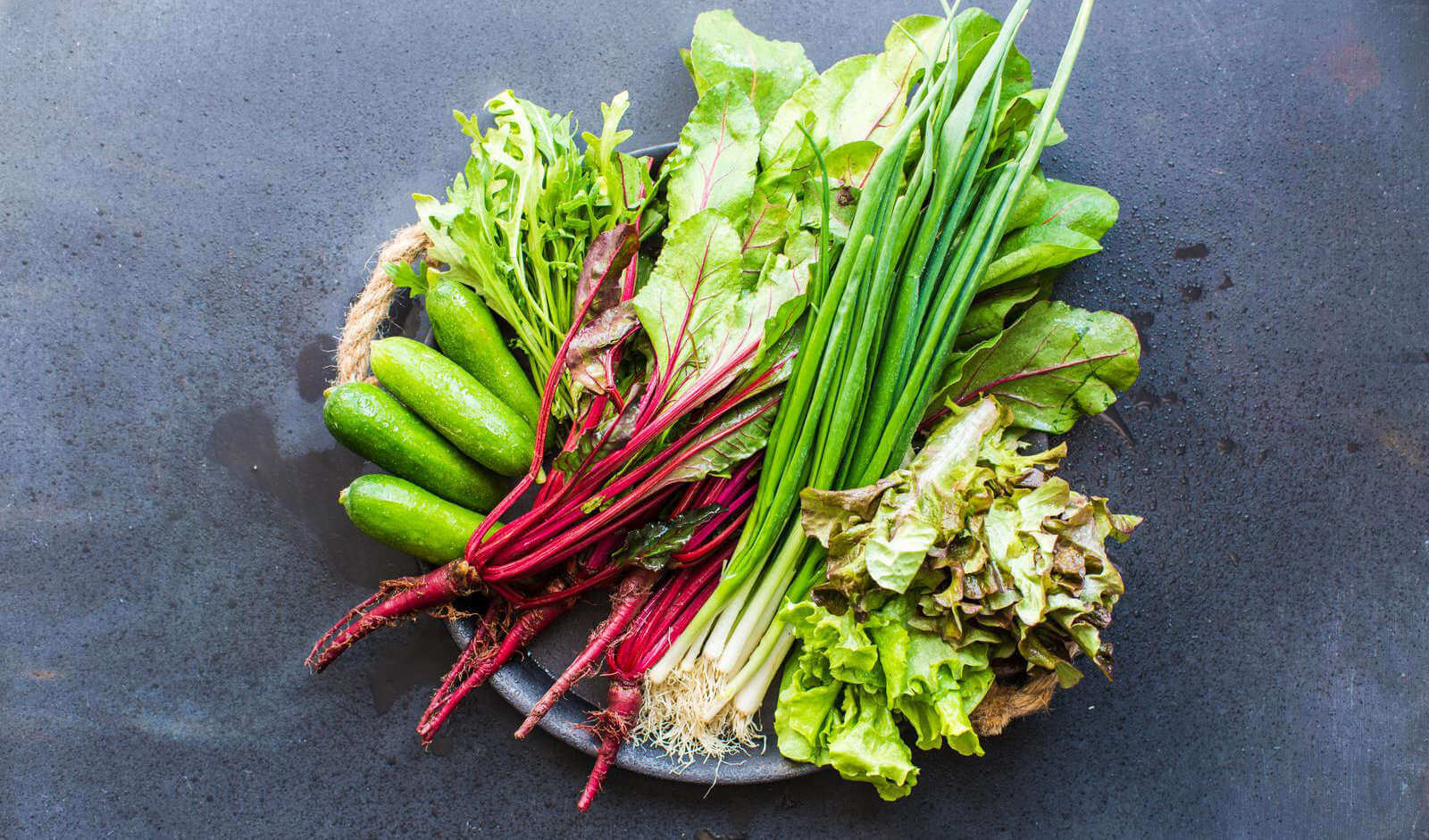
Are you willing to give higher quality produce a try?
Take baby steps if you need to. It’s worth it. It’s richer in flavor and nutrition. Eventually you can take less vitamins or supplements because you benefit directly from the produce. Your taste buds will thank you for the pleasure. It’s kinder to the environment which in return will be kinder to us.
